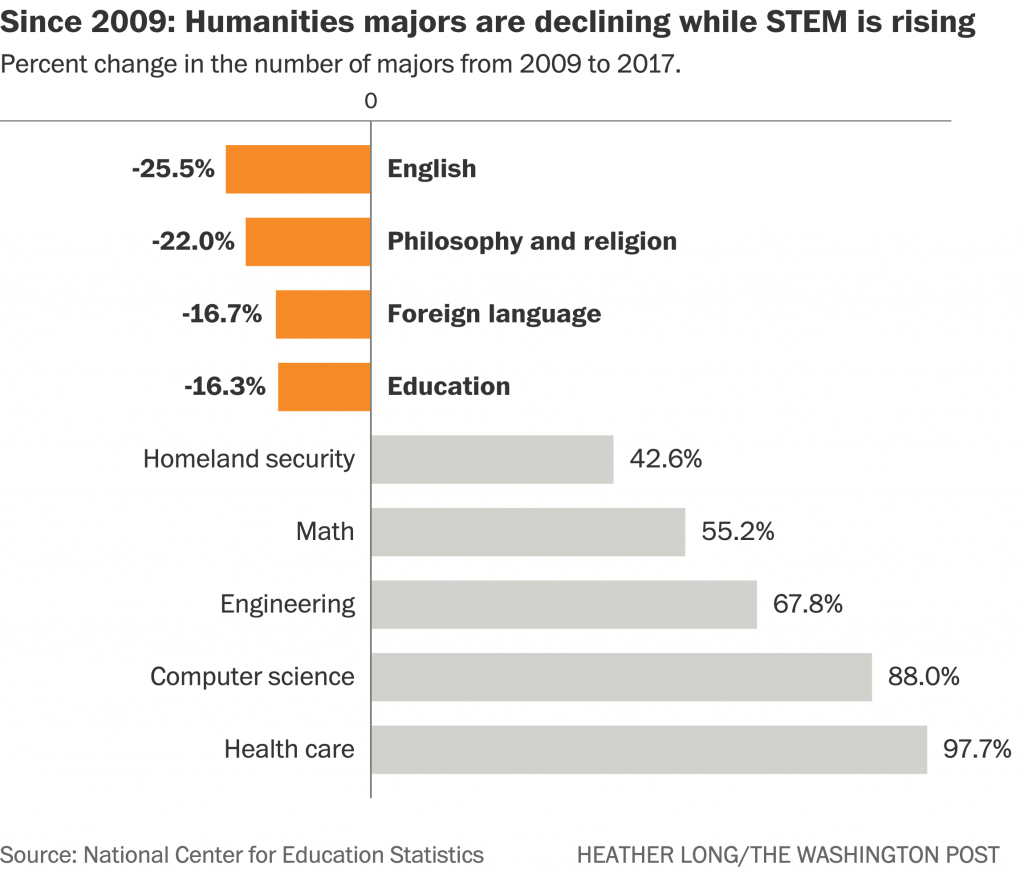I did some online shopping the other day. The speaker and keyboard I bought have been treating me pretty well, and the headphones I’m looking to buy will be pretty cool too. If you’re upset that I’m talking to you about some of the fancy things I own, then don’t worry, I am too.
I’m one of the 10% of Americans who identifies as a minimalist. This may seem like a humble brag, but a few minutes on Google will remind you that there is no universally understood definition of minimalism. Your guess about what minimalism means is as good as mine, but there is a reason why I embrace this somewhat-meaningless identity label.
My embrace of minimalism is less about the label and more about the challenges it forces me to address. Minimalism forces me to ask questions about the things that matter almost constantly. Asking these questions seems exhausting on the surface, but taking the time to answer them digs deep at how we understand our personal and professional lives.
Understanding Minimalism
The surface-level impact that minimalism brings in our personal lives is well known. Images of bland grey t-shirts, blank coffee tables, and Marie Kondo flood the bandwidth that we give to minimalism. We associate minimalism with less in any form, no if, ands, or buts about it.
All of these ideas of what minimalists do make sense, but don’t tug at the same point about what minimalists don’t do. Consumers spend over $5,000 a year on impulse purchases. Our lives are designed to make consumption and consumerism easy, and it is only natural that these behaviors play a role in almost all of our lives.

Physical items have value in our life, but rarely do we give ourselves the chance to ask why. To question the virtues of our consumerism is to question the millions of objects that have structured our physical world. Any progress we make as minimalists towards minimizing the excess in our physical world involves a questioning of the systems that define our lives.
Minimalism forces questions about our mindsets that we are not always wired to ask. We grow up learning to shoot for the stars, but we don’t always ask what those stars are. People around us default to money, objects, and accolades as indicators of our success, and our world is designed to perpetuate that vision of success.
Questioning Success
Young professionals are far too often plagued by similarly unclear definitions of success. We are conditioned to chase success in the same ways we’ve been wired to want more physical items in our lives. Just like material objects, we don’t often ask what value we seek from our pursuits.
Money, job titles, and accolades cloud our vision of success throughout our lives. We see this come to a head in college, where every moment can feel like an investment towards achieving this abstract concept of success. This forces us to pursue majors that amplify this vision of success that we are never given ample opportunity to question in the first place.

It’s easy to fill a room with material things that don’t bring you joy, but we forget about how easy that is in our minds too. We all have different passions that drive us forward, but not every passion has the same metrics for success, nor are those metrics inherently aligned with our own definitions of success.
Minimalism questions the markers of success we build for ourselves. If material objects are not inherently valuable, then what does our hard work lead to? If we don’t force ourselves to ask this question, then these decisions will be made by the hundreds of other people who shape our lives from the outside, instead of by each and every one of us.
Seek Intention
The questions that minimalism forces me to ask about the objects in my world extends to how I understand success in my young professional life. Minimalism has taught me that it is okay to question the metrics of achievement that seem so simple to us growing up.
Pushing back against this status quo seems difficult early in your career, but doing so will ensure that your career aligns with the values you’ve set for yourself. If we don’t ask ourselves about what matters to us, then our heads will fill with impulsive ideas of success that may not align with what we truly want.
Our ability to improve ourselves and our world depends on us engaging with the parts of our world that excite us. The allure of “having it all” may make sense on the surface, but that concept doesn’t have to mean the same thing to every person.

The path to our own vision of success is not paved with reminders to consider our intentions at every step. Teaching ourselves to frequently question our intentions ensures that we avoid impulsive purchases and focus on our shopping list. We can and should be willing to deviate from that list, but we do not have to make deviation a default state that distracts us from what we are really looking for.
Minimalism provides a framework to push back against the concepts of material and personal success that we are conditioned to believe are universally true. Minimalism gives us an opening to figure out that pursuit for ourselves, and encourages us to chase it with all we have.






